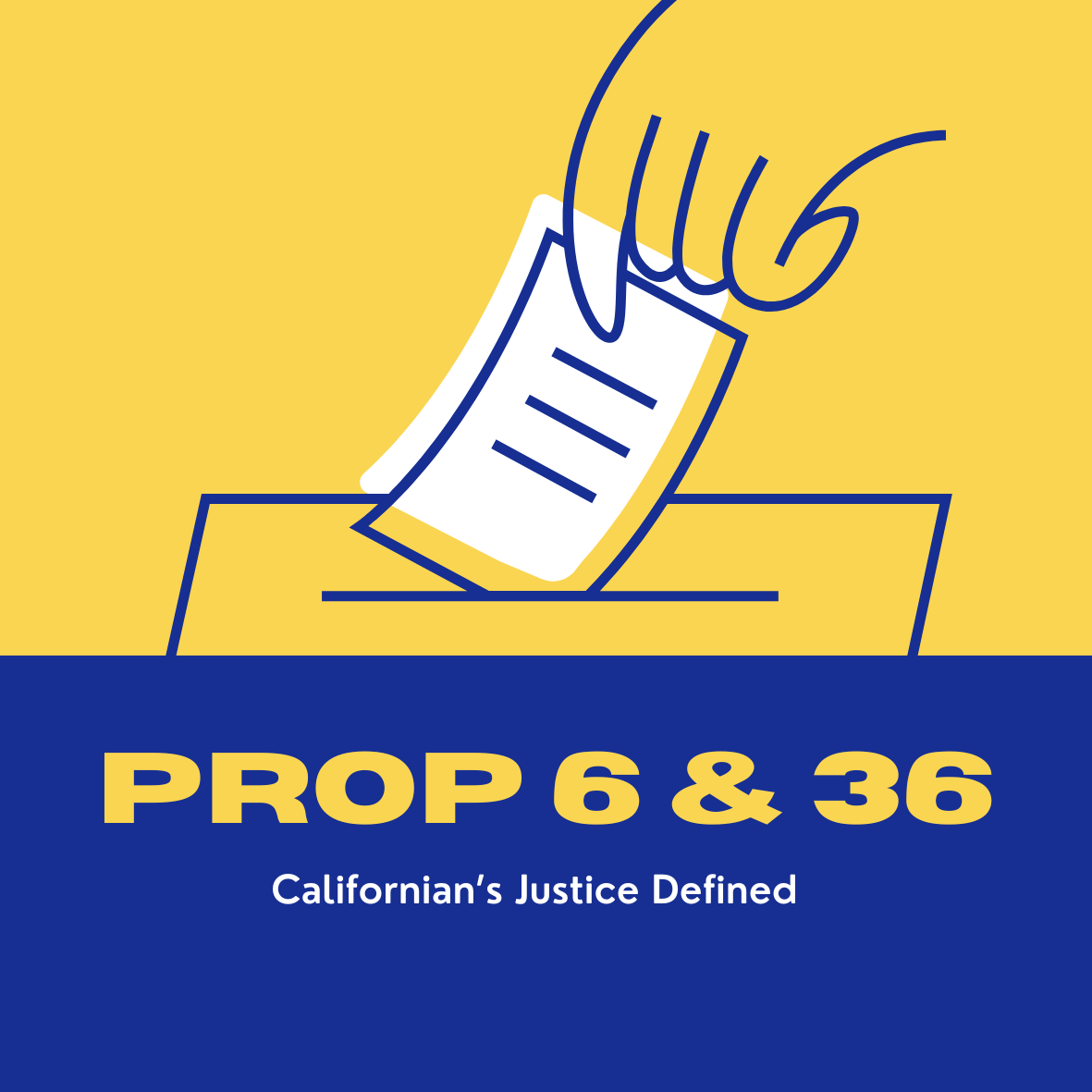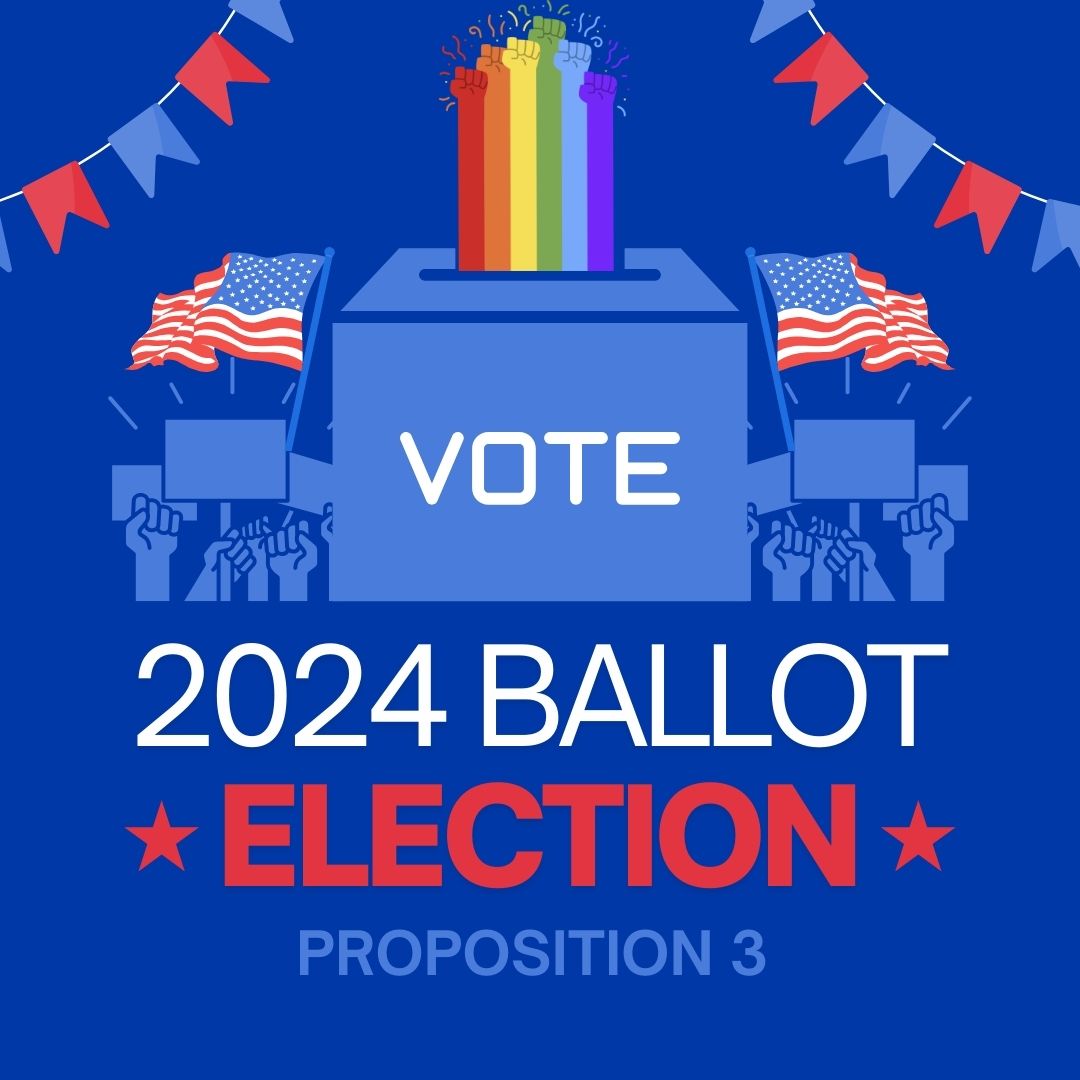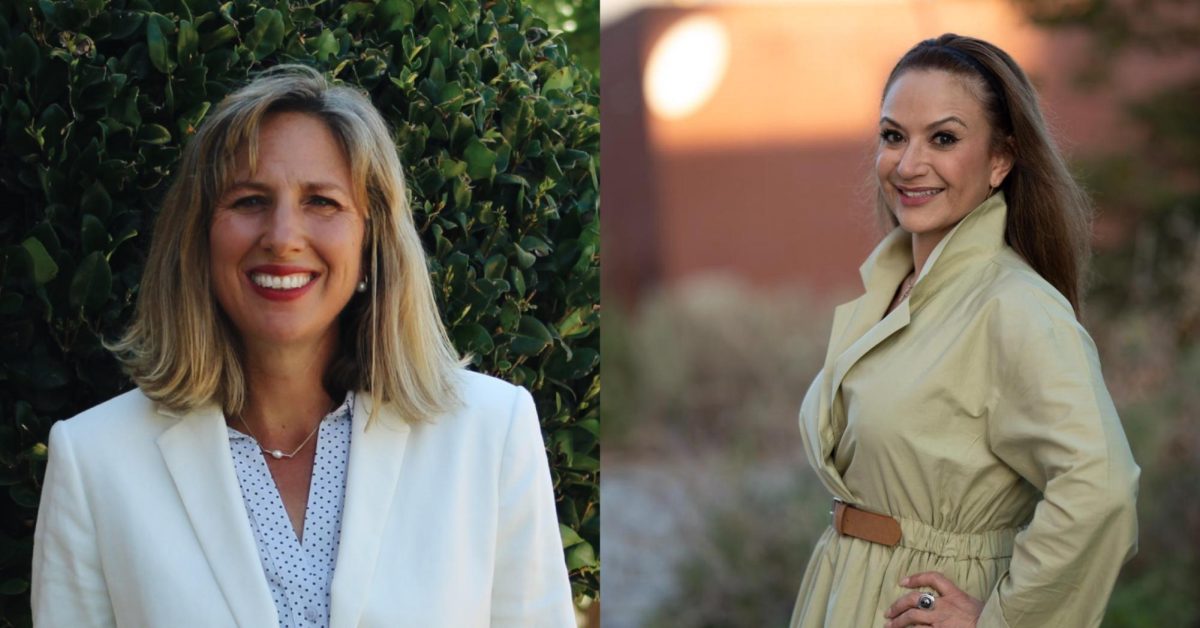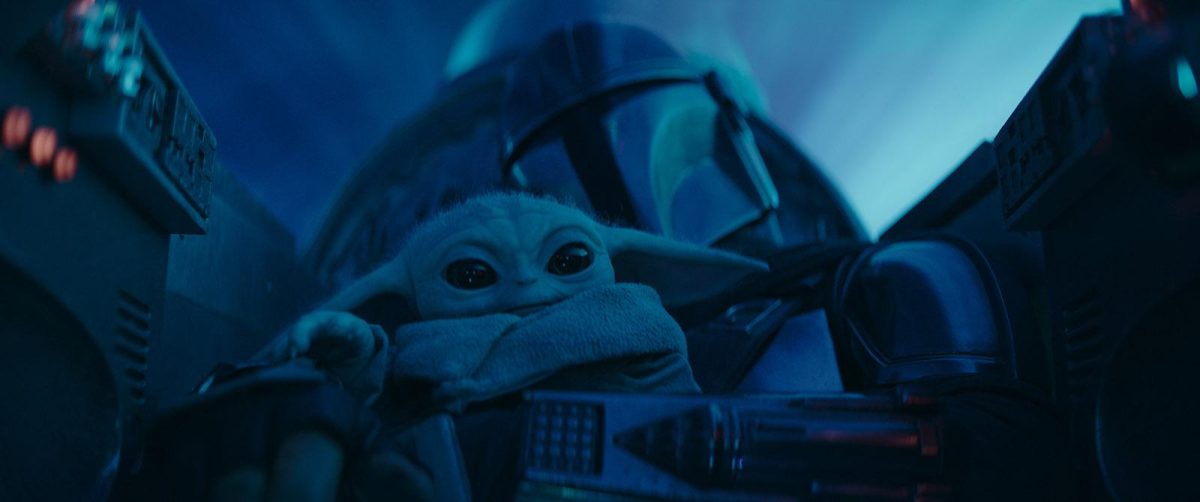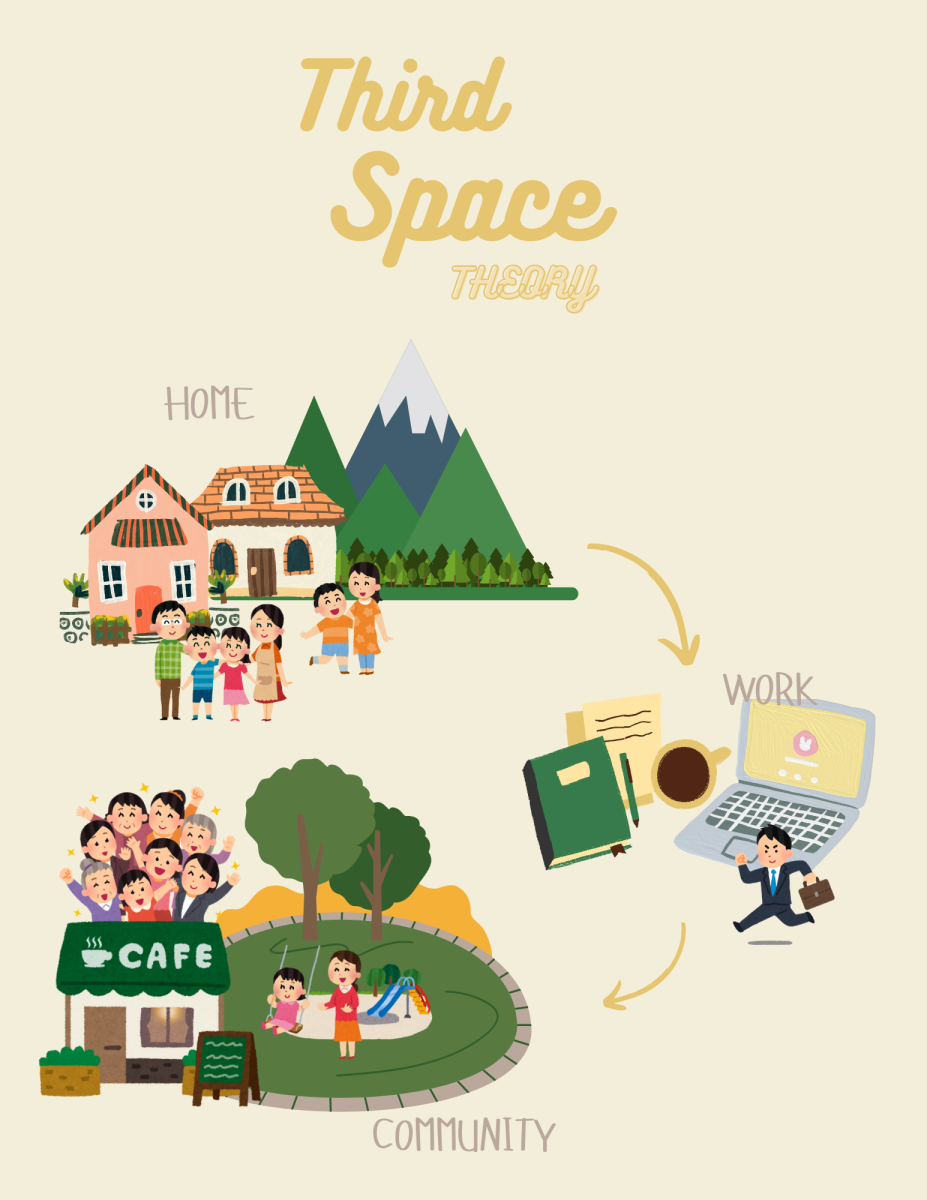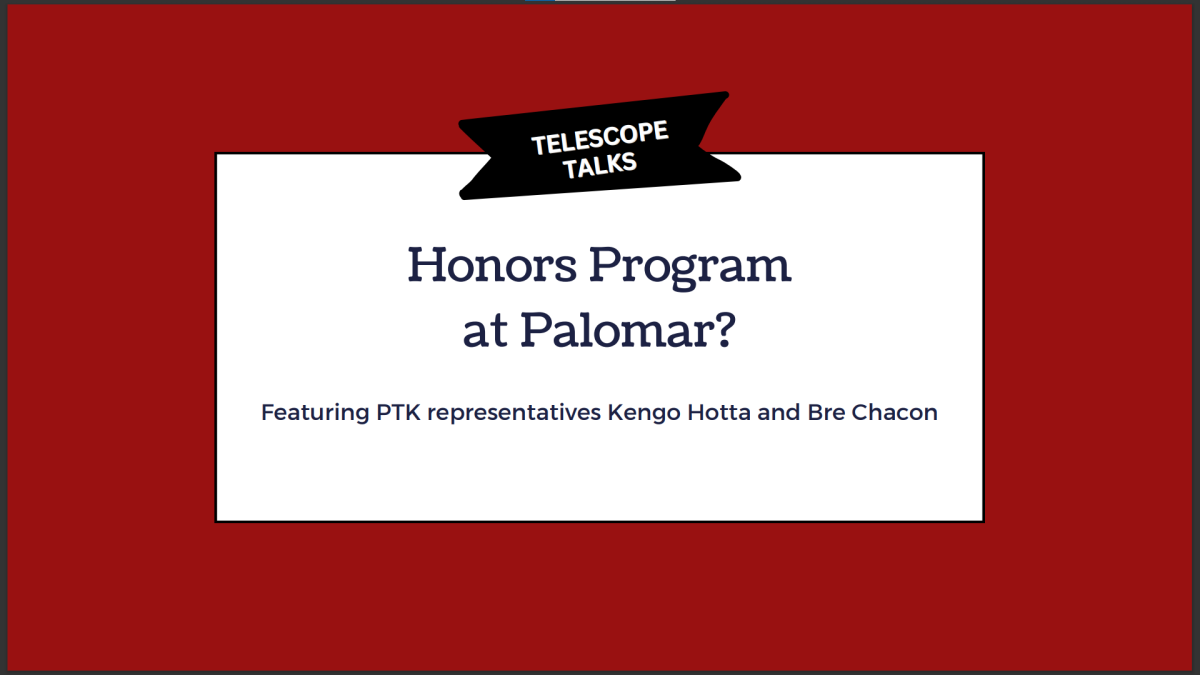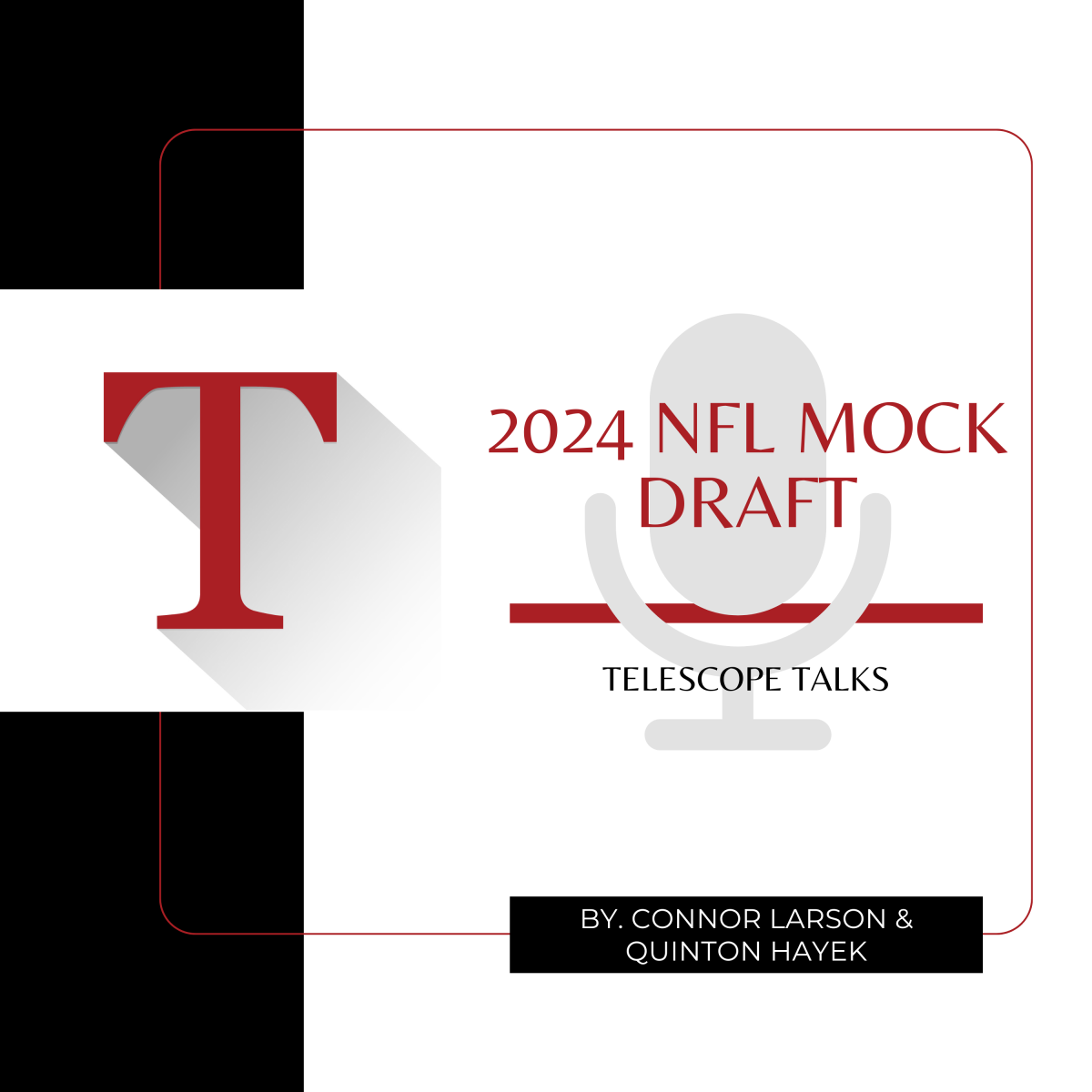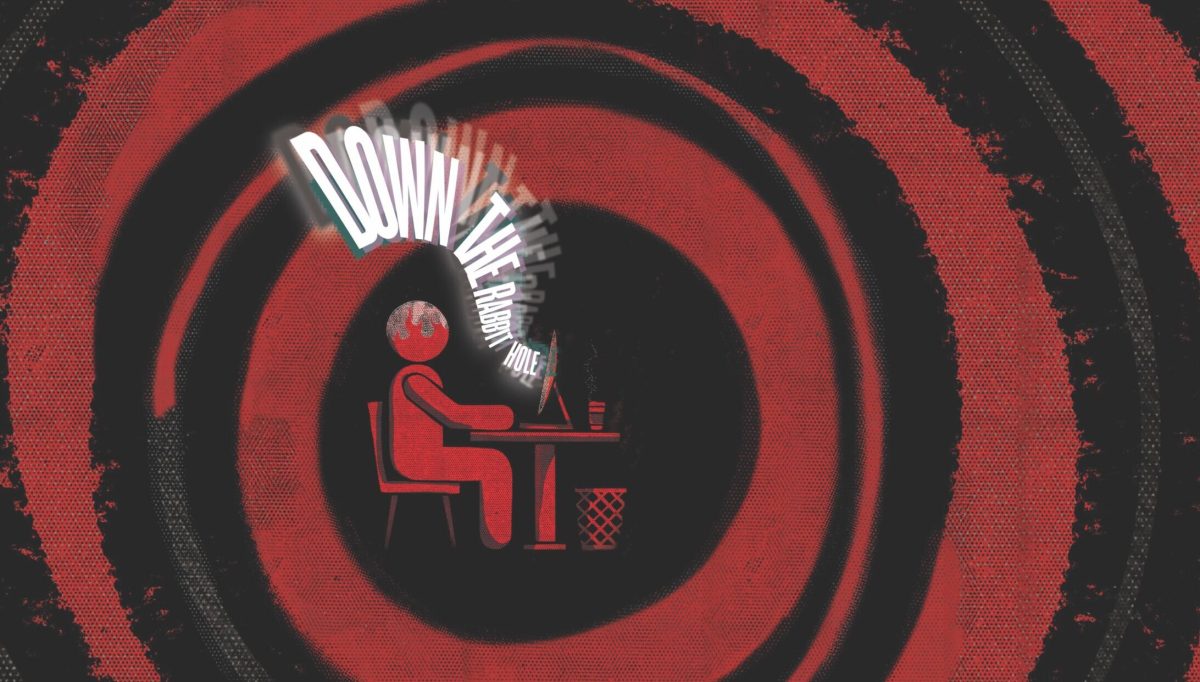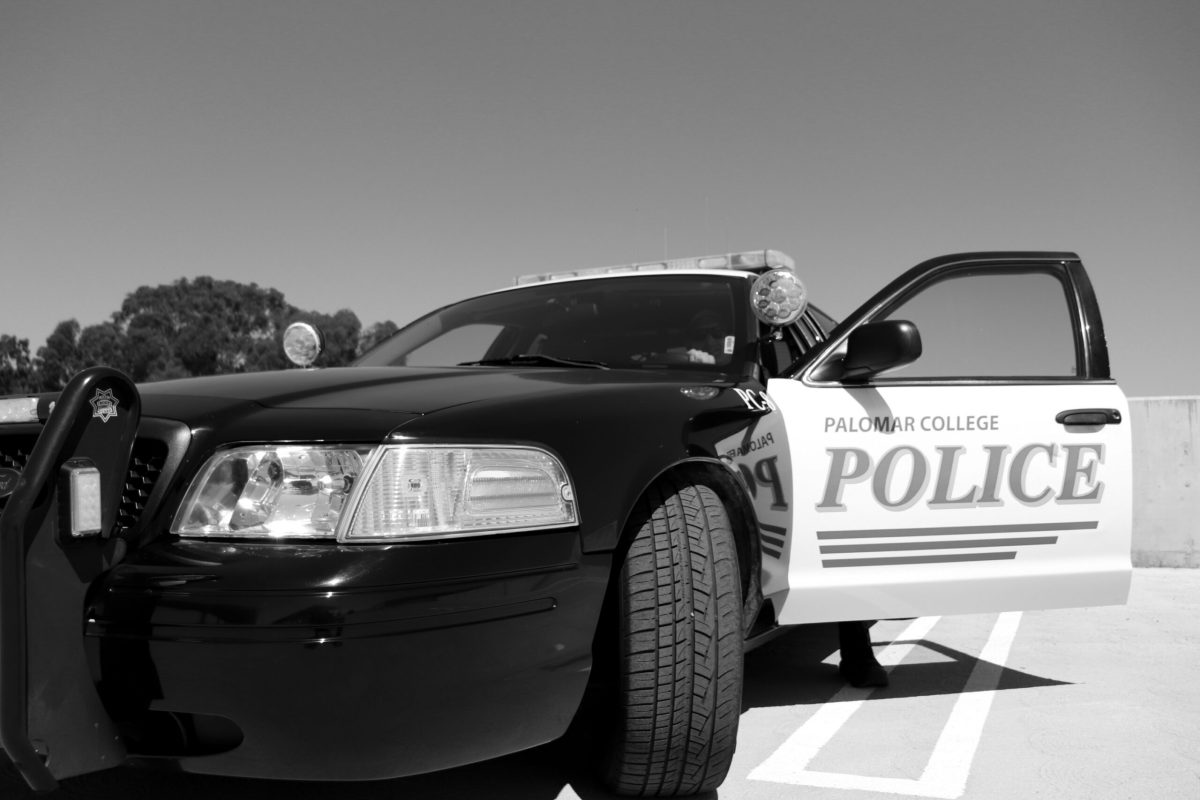We habitually create in ourselves a sense that we know the world around us, rather than holding to our own uncertainty. It’s rare that we admit to our own lack of knowledge, rather we constantly build realities that complement our own ambitions of how we want the world to be. This want isn’t even predicated on a sense of moral right but rather on being intellectually right about our own preconceived beliefs. As a culture we don’t see humility as an ability that we possess.
Is this belligerent need to be right beneficial though? Yes and no. When it comes to denoting a sense of self confidence, it is. Rather than holding back because of uncertainty, many of us throw ourselves at a task until we accomplish said task. In order to accomplish a goal you have to lie to yourself about knowing that you will be able to accomplish said goal, then mercilessly commit to being able to achieve that goal, and in the end hopefully do so.
This incessant commitment to our own self validation, when it comes to achieving personal goals, is a necessity; however, in cases where we use our own sense of self righteousness to validate our own assertions we close ourselves off to the rest of the world.
This assumption of validity can be seen as responsible for our tendencies to doubt beliefs that are not our own, to dismiss beliefs that are not our own, and in extreme cases seek the destruction of beliefs that are not our own.
In the end what really matters is the restraint held when it comes to our natural proclivity to fill in the gaps in our knowledge.
Do we allow ourselves to be thrown into the depth of our own ideologies as has been done with our commitments to success or do we allow our excess of ideology to bond us to them?
Commentary Essay by Telescope Editor Joel Vaughn


